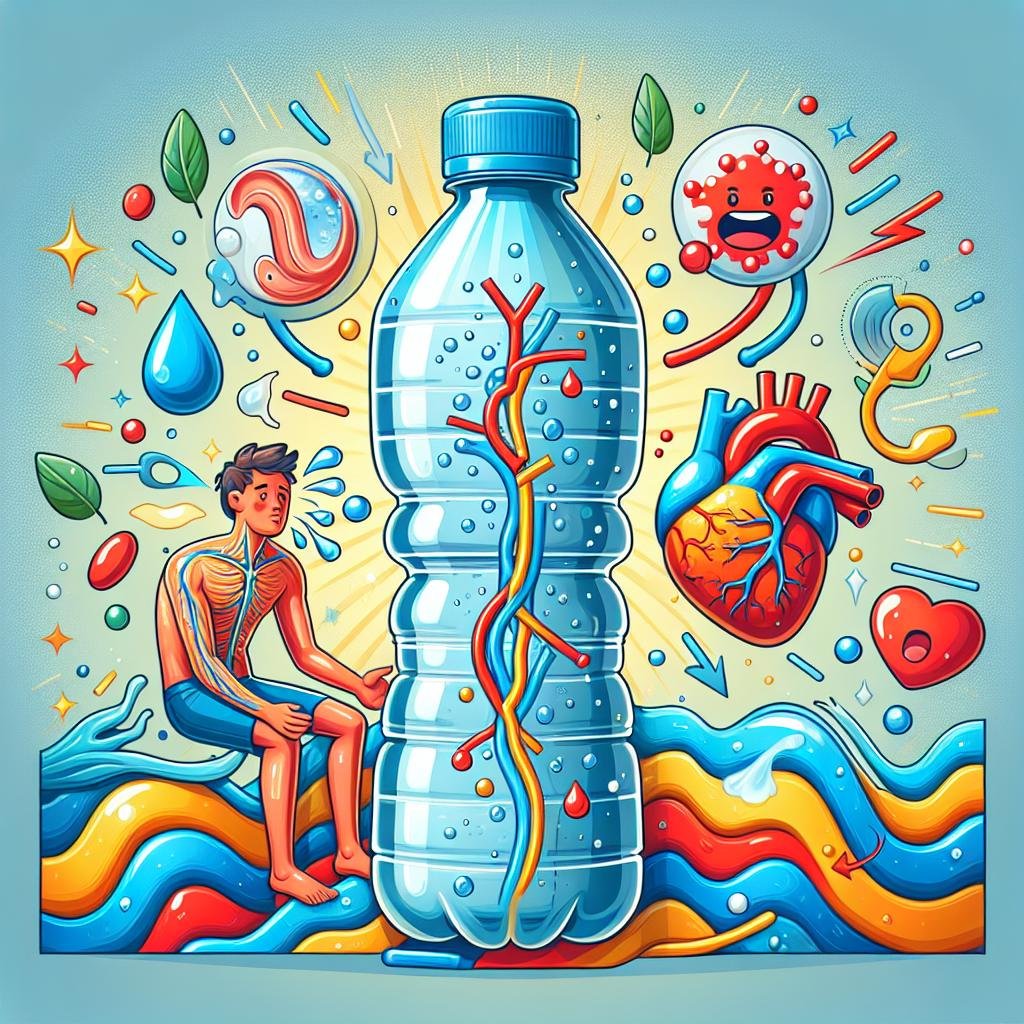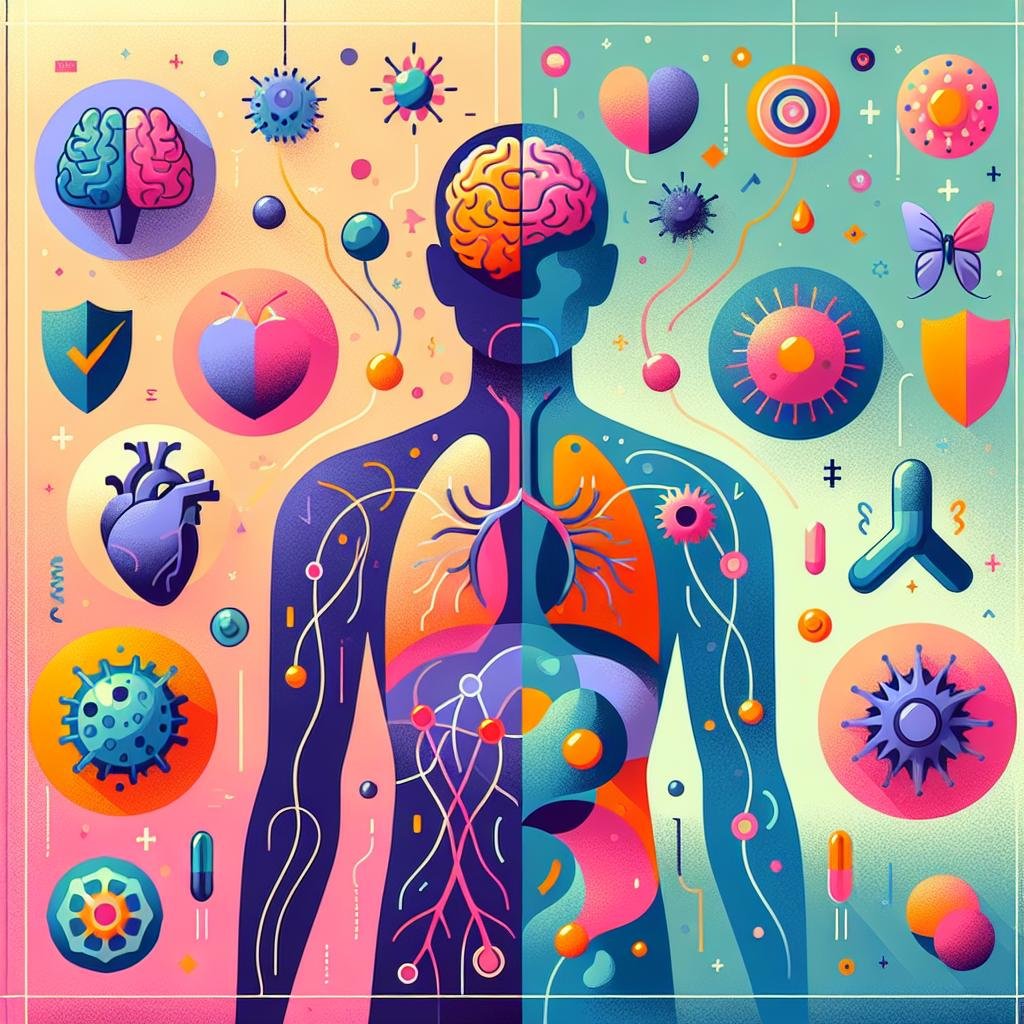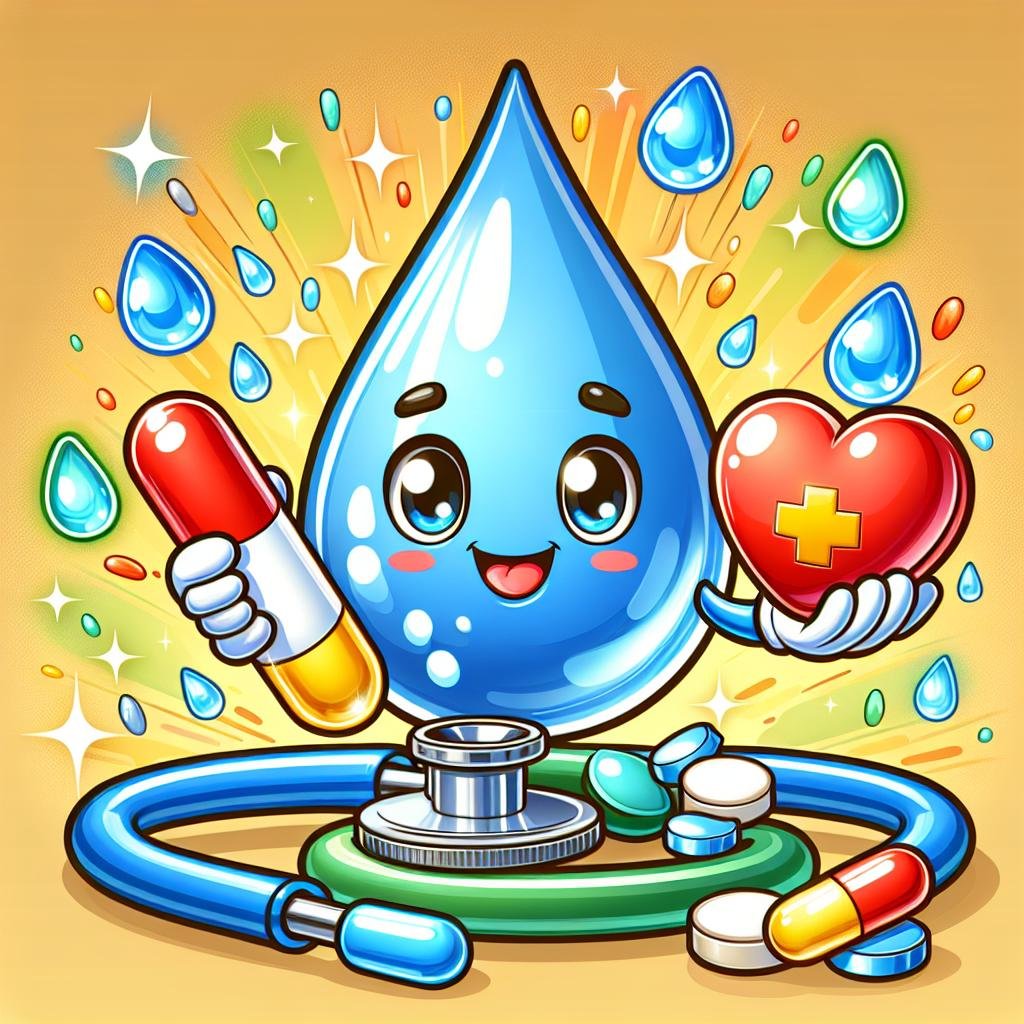Understanding the Link Between Orthostatic Hypotension and Dehydration
Introduction Orthostatic hypotension and dehydration are two health conditions that can have a significant impact on a person’s daily life and overall well-being. These conditions are closely linked, and understanding their connection is essential for proper management and prevention. Orthostatic hypotension occurs when a person’s blood pressure drops suddenly upon standing up, which can lead […]
Understanding the Link Between Orthostatic Hypotension and Dehydration Read More »









